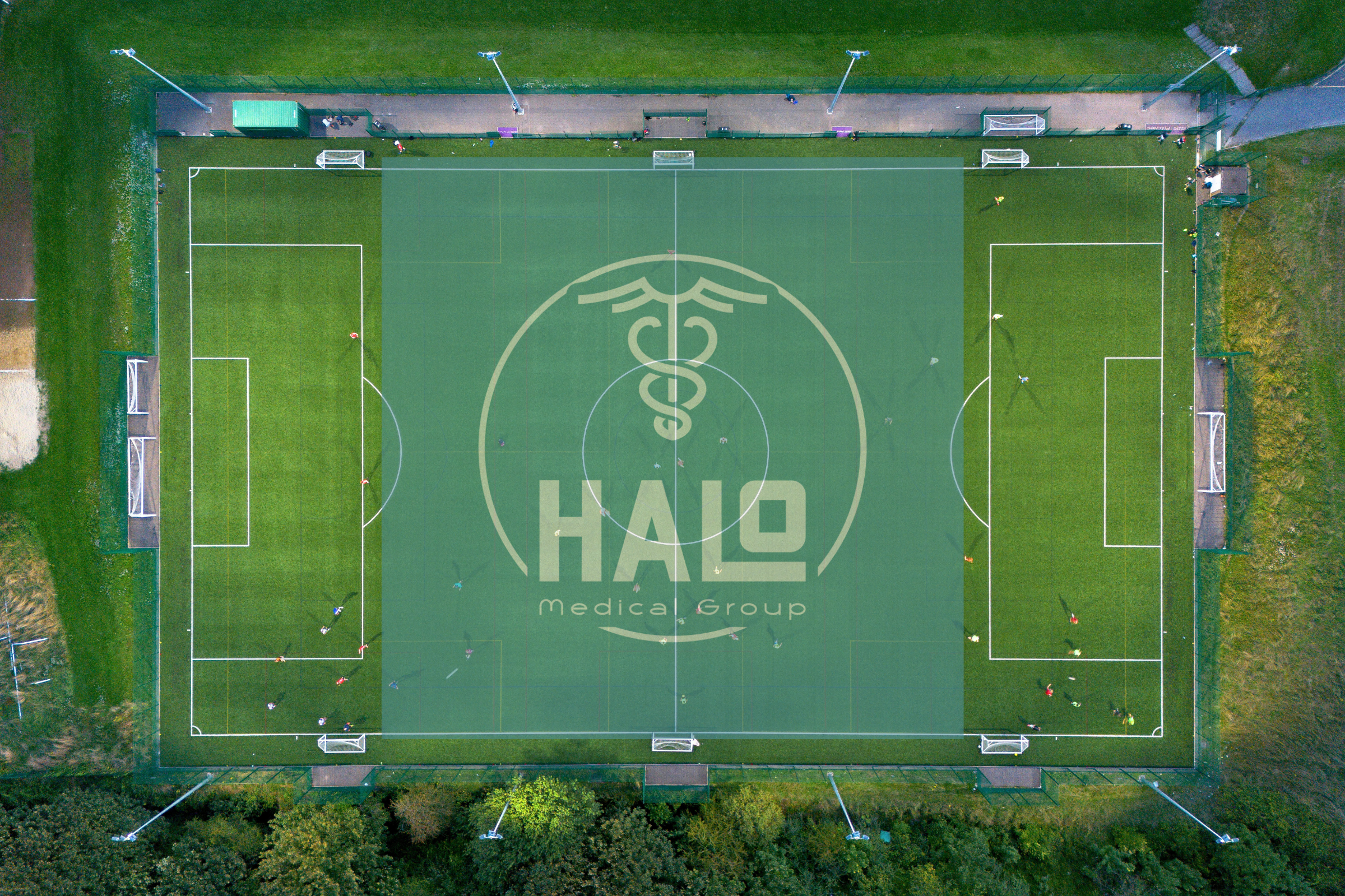FA Pitch side First Aid Requirements: What You Need to Know in 2025

FA Pitch side First Aid Requirements: What You Need to [...]
FA Pitch side First Aid Requirements: What You Need to Know in 2025
Ensuring player safety in football has never been more important. As the game evolves, so too do the standards around medical preparedness. Whether you’re a grassroots club or a professional team, meeting the Football Association (FA) pitch side first aid requirements is crucial for both compliance and safety.
In 2025, the FA has reinforced its expectations regarding minimum medical standards, placing particular emphasis on training, equipment, and emergency protocols. In this article, we’ll break down what you need to know to ensure your club or organisation is up to date.
Why Pitch side First Aid Matters
- Safeguard player welfare
- Ensure immediate medical response capabilities
- Provide a consistent baseline of care across all levels of the game
- Minimise risks and liability for clubs and governing bodies
Meeting these standards isn’t just about compliance—it’s about delivering best practice and being prepared to act quickly in an emergency.
FA Pitch side First Aid Requirements (2025 Update)
1. Appropriately Trained Personnel
At least one person with FA-approved first aid training must be pitch side at all times. Depending on the level of play, this may include:
- FA Emergency First Aid in Football (EFAiF) for grassroots
- FAIntermediate Trauma Medical Management in Football (ITMMiF) for semi-pro and academy settings
- Advanced trauma and resuscitation qualifications (e.g. ATMMiF, ALS, PHEM) for elite/professional tiers
Top Tip: Clubs should maintain training logs and expiry dates to remain compliant.
2. Minimum Pitch side Medical Equipment
The FA requires teams to have a well-stocked emergency response bag. As of 2025, recommended equipment includes:
Basic Items
- Sterile wound dressings
- Foil blankets
- CPR face shields
- Nitrile gloves
- Saline pods
Essential Clinical Equipment
- Automated External Defibrillator (AED)
- Airway adjuncts (oropharyngeal/nasopharyngeal)
- Bag Valve Mask (BVM)
- Cervical collar
- Tourniquets and haemostatic dressings
Immobilisation Equipment
- Foldable scoop stretcher or vacuum mattress
- Spinal board (for higher tiers)
- Limb splints
- Neck immobilisation blocks
Halo Medical Group recommends a monthly inspection checklist to ensure all kit is in working order and in-date.
3. Emergency Action Planning (EAP)
Every venue should have a documented Emergency Action Plan tailored to the site, including:
- Entry points for emergency vehicles
- Communication protocols
- Roles and responsibilities in a medical emergency
- Nearest hospital/A&E directions
- AED locations
Clubs should practice mock drills pre-season and review their EAP annually.
Guidance on emergency action plans are available from FIFA. Click Here to find out more
4. Record Keeping and Incident Reporting
All injuries, treatments, and interventions should be documented clearly, especially for:
- Safeguarding under-18 players
- Concussion management and return-to-play timelines
- Insurance and liability protection
5. Concussion Protocol Compliance
The FA’s 2025 concussion protocol requires:
- Immediate removal from play if concussion is suspected
- No return on the same day
- Mandatory rest and staged return-to-play (minimum 14 days for under-18s)
- Medical sign-off before returning to matches
Educational materials must be shared with players, parents, and coaches at all levels.
England Football Concussion Guidance can be found by clicking here
FA Requirements by Game Level (Snapshot)
| Football Level | First Aider Qualification | Minimum Equipment | Notes |
|---|---|---|---|
| Grassroots (U18) | EFAiF | AED, wound kit, CPR mask | Must follow concussion rules strictly |
| Semi-Pro | ITMMiF or equivalent | AED, splints, airway kit | Emergency plan required |
| Professional | Advanced trauma certs | Scoop stretcher, BVM, full trauma bag | Full EAP, medical logs, safeguarding protocol |
How Halo Medical Group Supports FA Compliance
Halo provides fully qualified pitch side Paramedic led teams, with a tailored equipment kit, evidenced by our compliance audits. Our teams meet FA and HSE standards across the UK. We work with:
- Football academies
- Local leagues and tournaments
- Women’s and youth football
- Semi-pro and professional clubs
Whether you need cover for one game or a full season, our clinicians arrive prepared and FA-compliant.
Summary Checklist: Is Your Team FA-Ready?
- FA-approved first aider
- Fully stocked medical bag (with AED)
- Documented Emergency Action Plan
- Trained in concussion protocol
- Up-to-date medical records/logs
- Regular kit inspections
- Clear safeguarding procedures
If any of these are missing, now is the time to act.
📞 Get Expert Help Today
Need help meeting FA pitch side medical requirements?
Contact Halo Medical Group for:
- First aid kits designed to FA standards
- Qualified pitchside clinicians
- Custom medical audits and compliance checks
👉 Click here to get in touch and prepare for your 2025 season.

